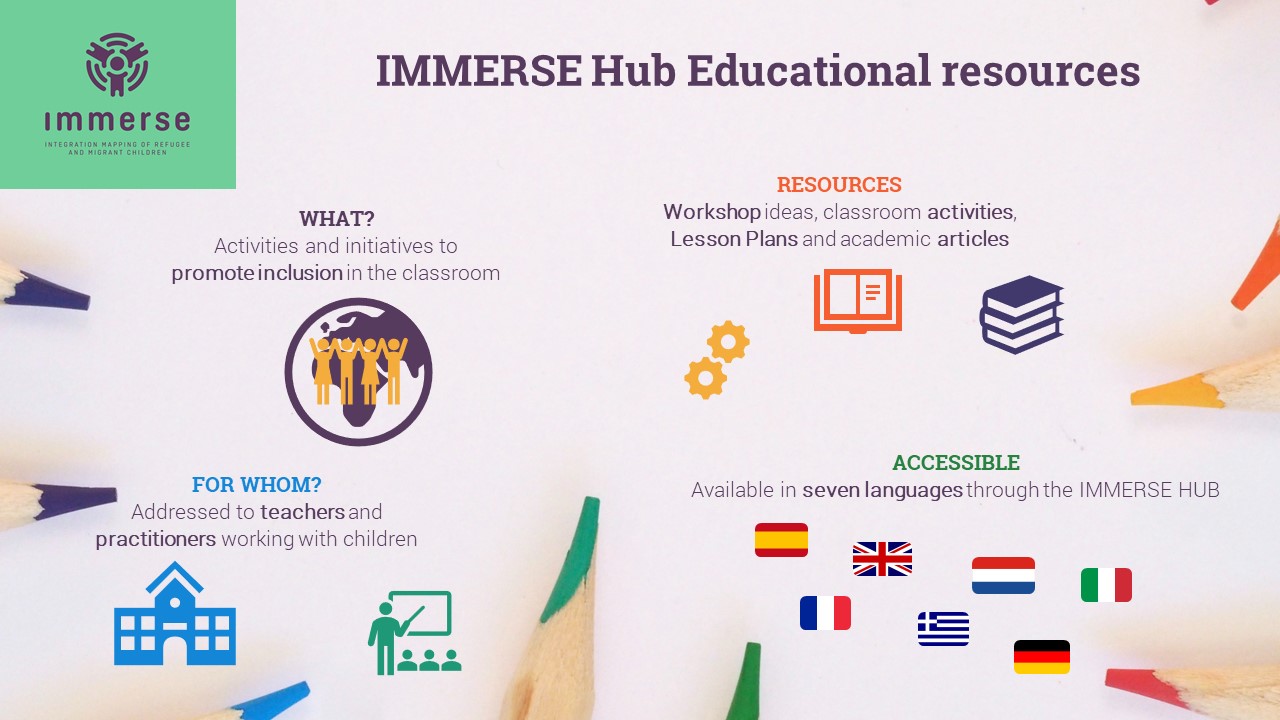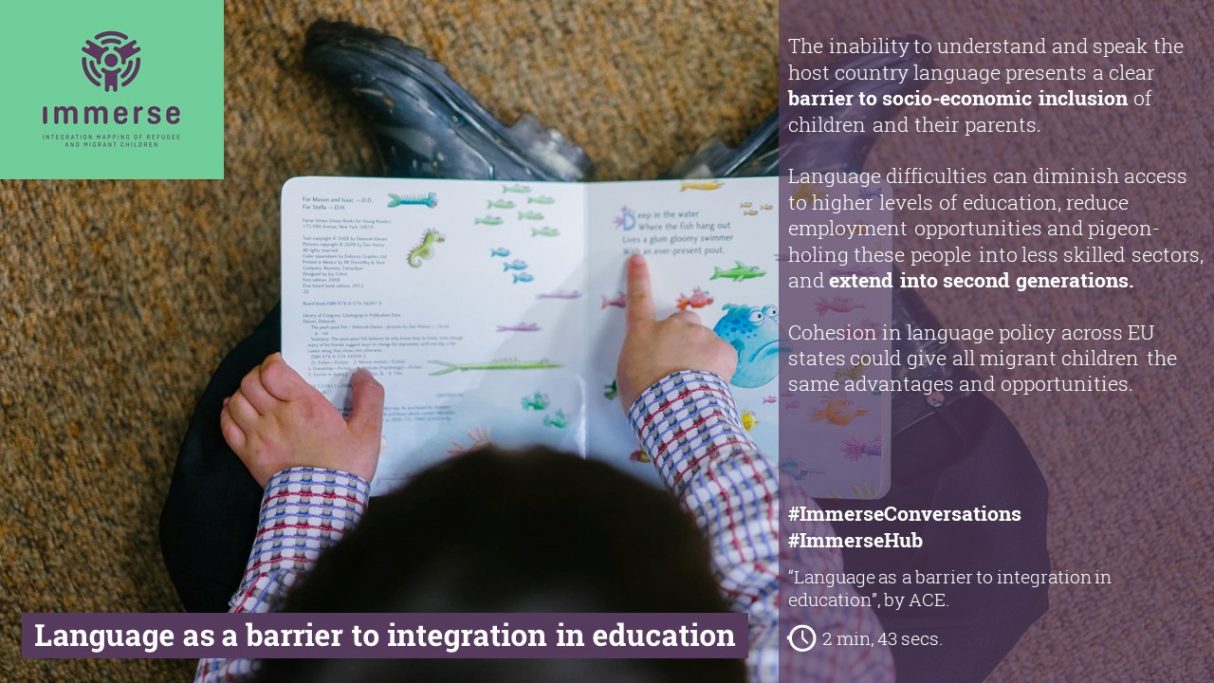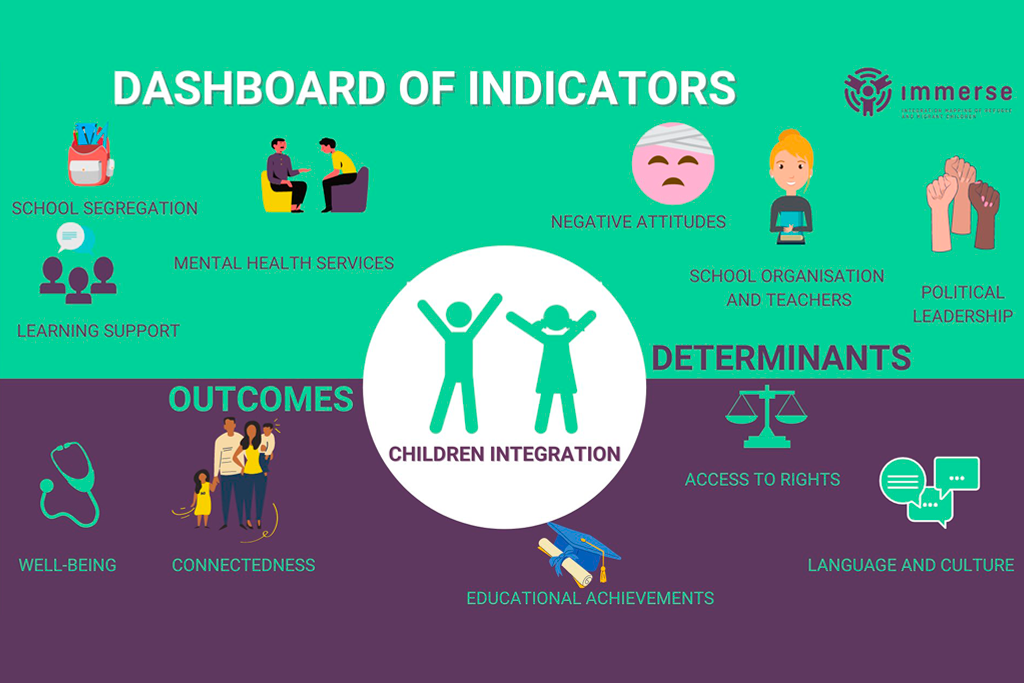Description
The purpose of the report is to give a voice to particularly vulnerable people in the asylum system, namely children, LGTBI+ persons and victims of trafficking, in order to better understand the conditions that ensure a more adequate and quality assessment of asylum applications, as well as the specific reception needs of refugee children, LGTBI+ persons and victims of trafficking.
- Access to compulsory education
- Access to health care
- Children maintain their cultural identity while adopting new cultural values and intercultural competences
- Children remain in (formal) education beyond compulsory levels / Access to (formal) non-compulsory education
- Children's legal status
- Children's life satisfaction / happiness
- Children's sense of belonging
- Institutions



